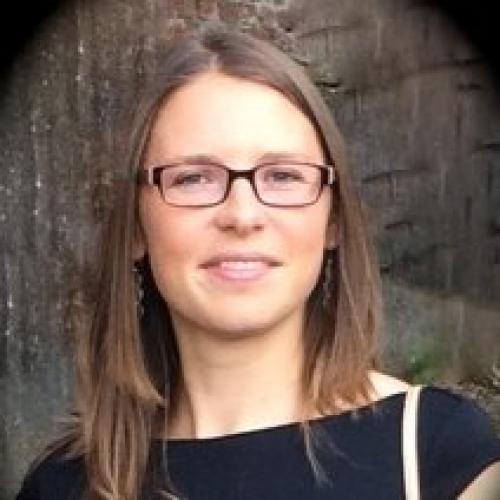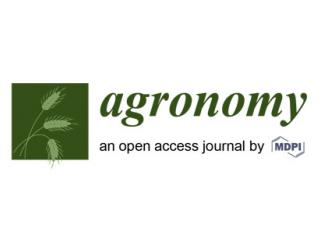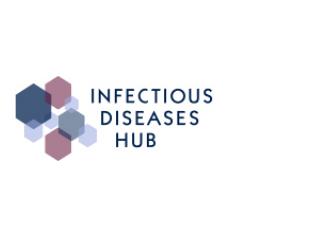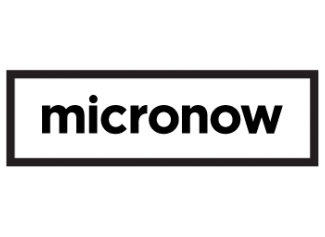
Rose Szabady

Sara Romano-Bertrand
I work on opportunistic bacterial pathogens from endogenous (from human-associated microbiota) or exogenous (environment) origins, involved in healthcare-associated infections (HAI). Conversely to true bacterial pathogens that accord with the Koch’s postulate, the study of opportunistic infections including HAI, require us to consider both opportunistic pathogens responsible for the infection, its natural reservoir an the microbial-associated communities. This intricate consideration of the opportunistic infection is based on the innovative concept of the “pathobiome”, which integrates the complex interactions between microorganisms and considers opportunistic bacteria within its microbial community, within its hosts and its environment, in the pathologic context, in order to explain the occurrence of the infection.

Sophie Leclercq

Professor, Dr. Thomas Clavel
The main focus of our research is the study of intestinal microbiomes (the communities of microorganisms, their genomes, and surrounding environmental factors in the gut). Because intestinal microorganisms have a major impact on the physiology of their host, it is important to investigate and understand their diversity and functions. We focus primarily on the human, pig, and mouse gut microbiomes because of their relevance for health-related issues. In particular, we are interested in describing the taxonomic diversity and evolution of gut bacteria thanks to the use of culture-based and sequencing approaches.

Tine Rask Licht
Tine Rask Licht heads the The National Food Institute research group on Intestinal Microbial Ecology.
The focus of our research is on effects of diet on composition, activity and genetic exchange in the gut microbiota, as well as on effects of the gut environment on resistance to pathogenic infections. Additionally, we adress the impact of gut microbes on maturation and maintenance of the host immune system. We look at effects of whole food items as well as of prebiotic carbohydrates and probiotic bacteria.




